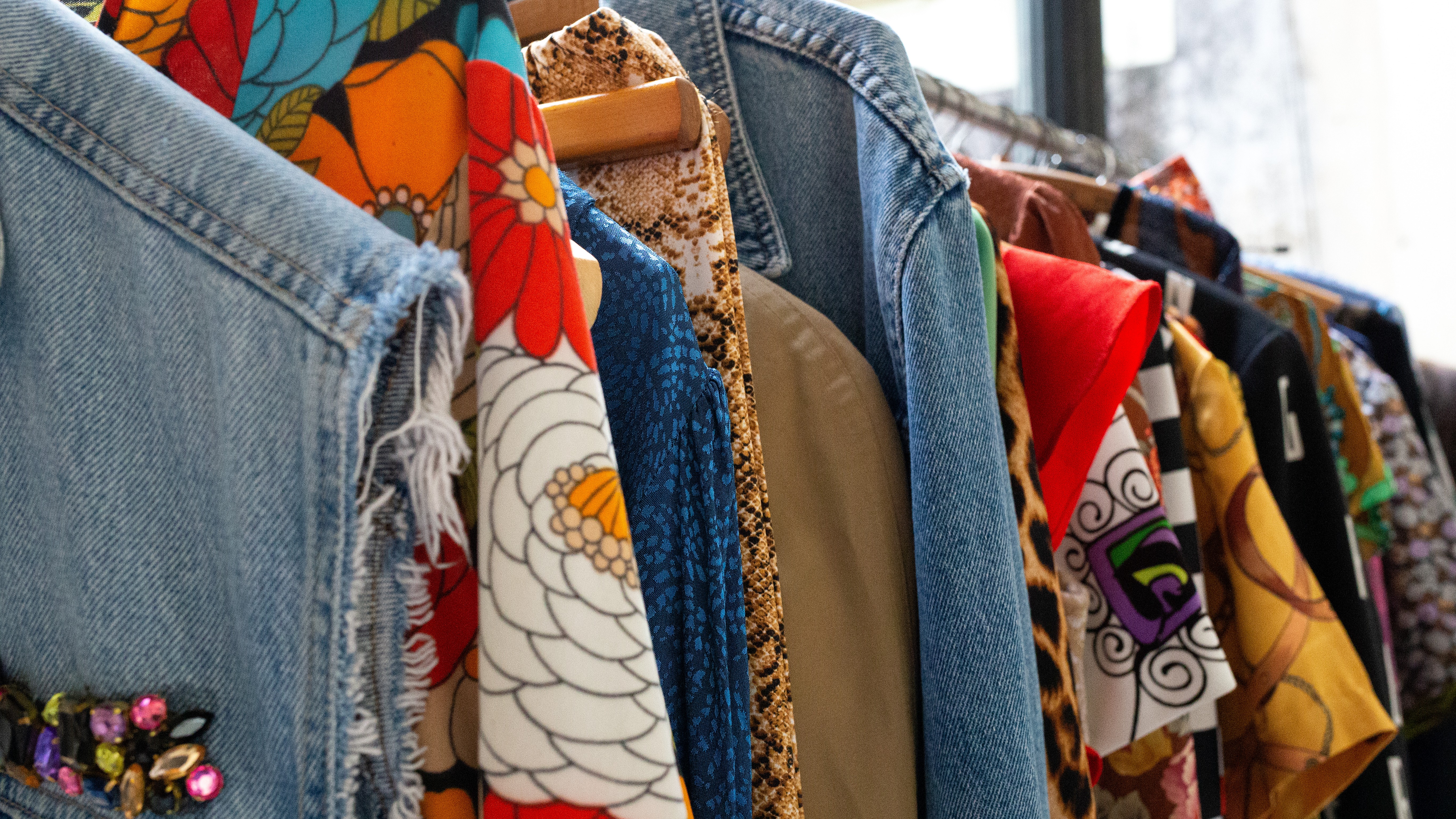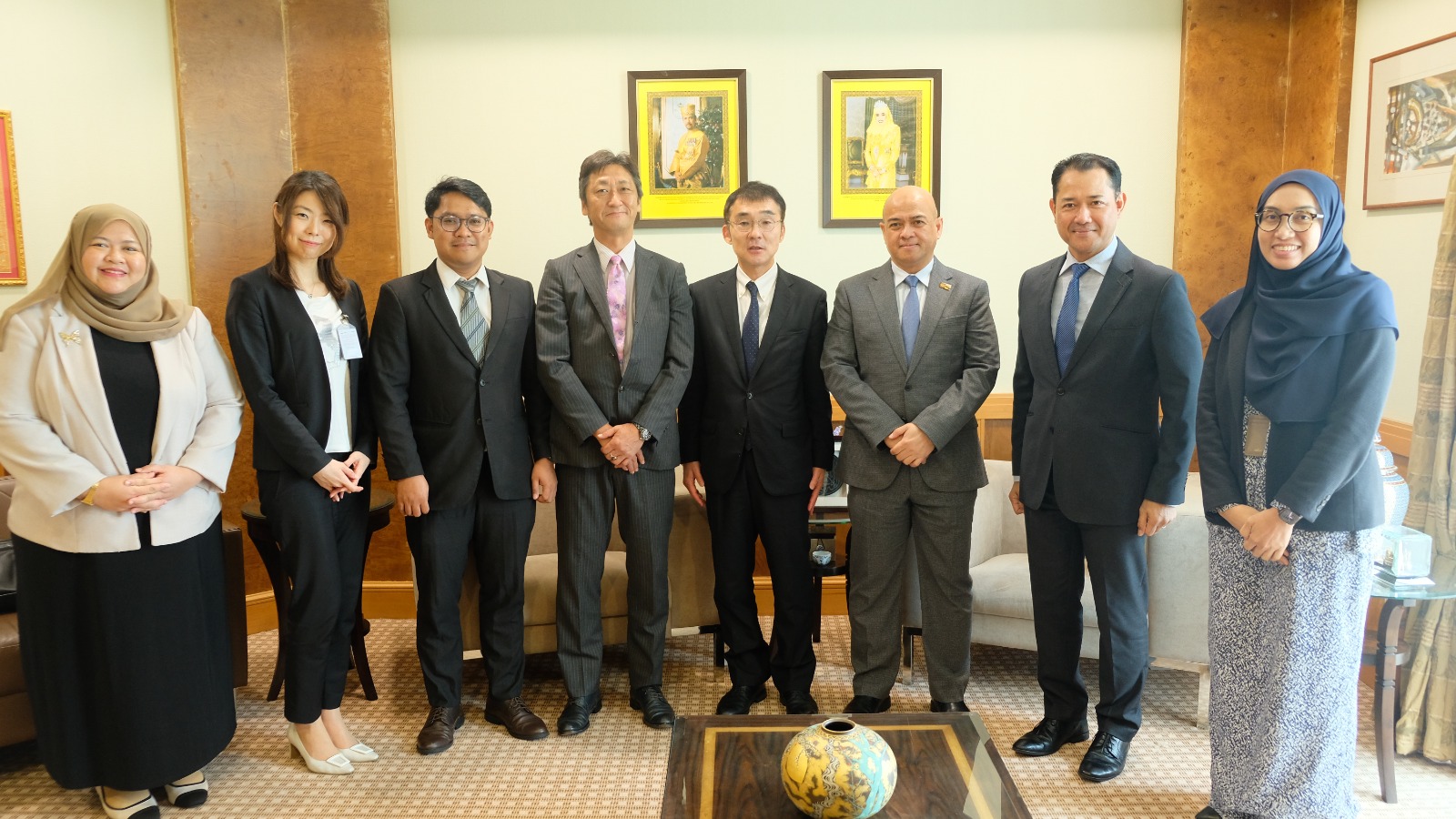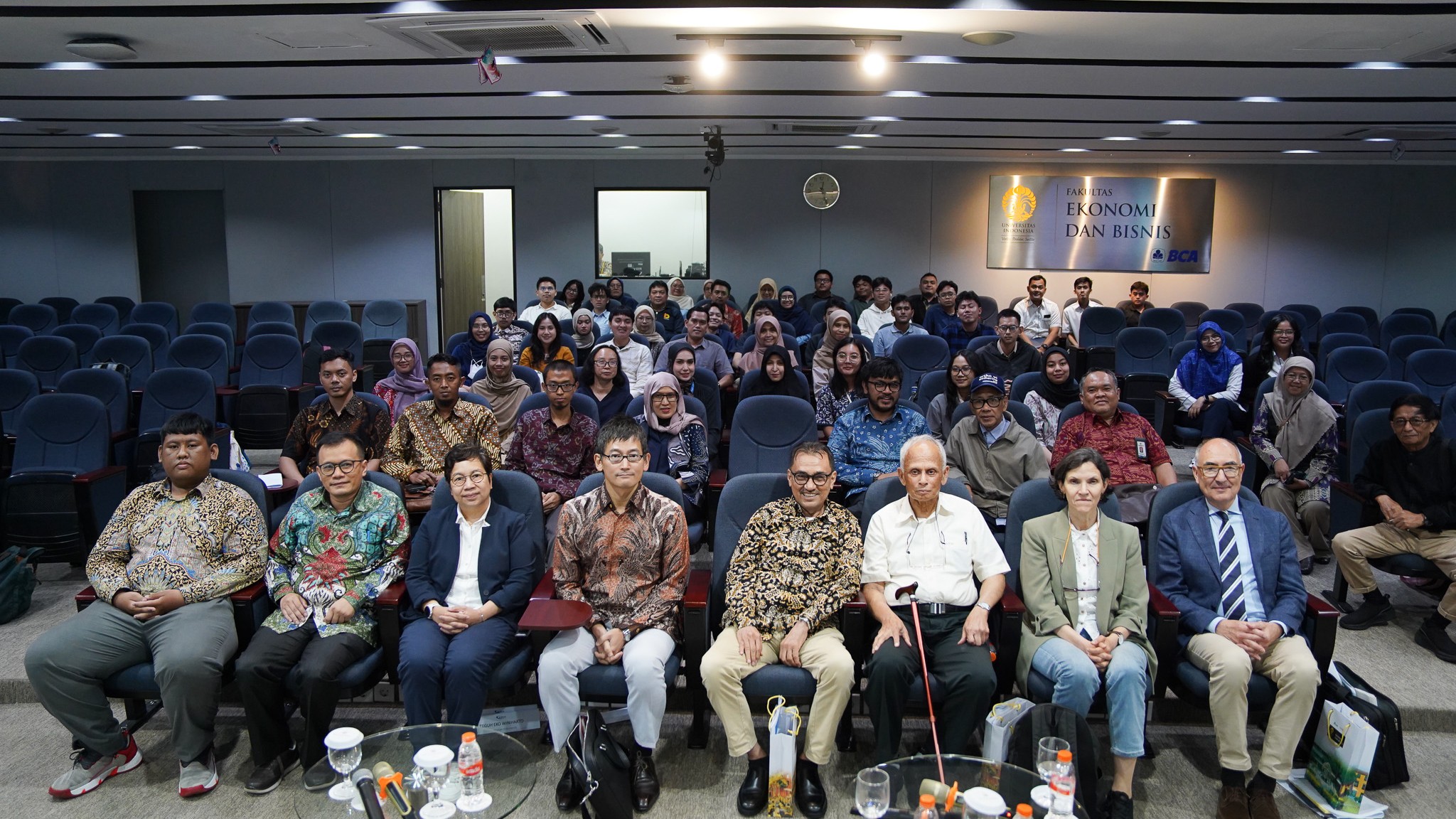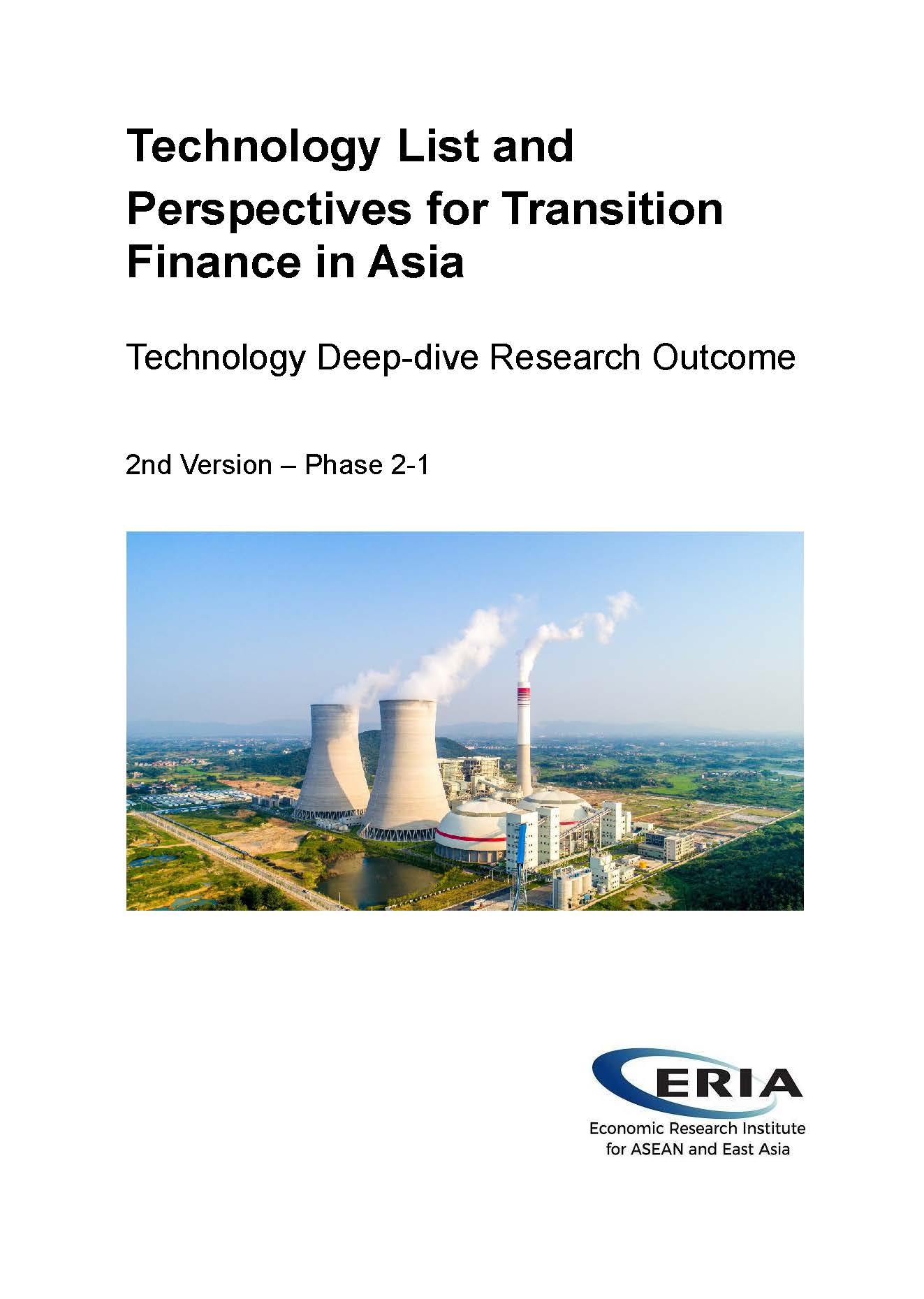Fashion's Sustainability Dilemma: When Upcycling Clashes with Intellectual Property Rights
Date:
14 February 2025Category:
OpinionsTopics:
Intellectual Property RightsShare Article:
Print Article:
By Fitri Astari Asril, Research Associate, Intellectual Property Rights: As fashion and environmental concerns converge, circular fashion emerges as a solution, minimising waste and promoting sustainability through upcycling. However, while upcycling addresses environmental challenges, it also raises complex legal issues, particularly concerning intellectual property rights (IPR) associated with brands and artworks.
Introduction
In 2021, clothing waste in Indonesia reached a staggering 2.3 million tons. The country’s Ministry of Environment and Forestry projects that without proper intervention, the figure could surge by 70% by 2030. Textile waste, which takes over 200 years to decompose, releases greenhouse gases and toxic chemicals in the process. Upcycling – an innovative form of creative repurposing – plays a crucial role in the circular economy by conserving resources and preventing textiles from ending up in landfills.
Unlike traditional recycling, which breaks down fabrics into raw materials for new production, upcycling transforms existing items into products without altering their original structure. For instance, vintage Levi's jeans may be turned into tote bags, or luxury brand buttons may be repurposed as jewellery embellishments.
However, despite its sustainability benefits, upcycling faces unexpected legal obstacles, as seen in recent high-profile cases. In Chanel v. Shiver & Duke, Chanel successfully sued a jewellery brand for unauthorised use of its buttons in upcycled jewellery. The court ruled in favour of Chanel, stating that the buttons were not directly sourced from the brand and were not intended for jewellery use. Similarly, Rolex won an injunction against BeckerTime for selling hybrid watches labelled as ‘Genuine Rolex.’ These watches combined Rolex and third-party parts without authorisation. Although Rolex secured the injunction, it could not claim profits due to delayed legal action.
Trademark Exhaustion: A Legal Grey Area in Indonesia
When discussing upcycling, the concept of trademark exhaustion – also known as the first-sale doctrine in the US – immediately comes to mind. Interestingly, Indonesia lacks clear guidelines on this principle. This stands in contrast to Indonesia's patent law, which clearly employs the national exhaustion doctrine – a principle that requires patent holders' permission for product imports. In countries like the US, the ‘first-sale doctrine’ allows individuals to resell branded items without needing permission from the trademark owner. Without similar trademark protections in place, the simple act of reselling trademarked products operates in an uncertain legal territory. This legal ambiguity becomes even more problematic when upcycling is involved. If a designer transforms branded clothing into a new product, they risk facing trademark infringement claims, regardless of their environmental intentions.
Passing-Off Risks in Upcycling
Upcycling also carries risks beyond direct trademark infringement, particularly when using with materials from luxury brands. One major legal concern is ‘passing off’ – a practice where someone unfairly benefits from a brand's reputation, misleading consumers and potentially damaging the brand's value.
In Indonesia, trademark law is guided by the principles of good faith or goodwill. Passing off, which involves free-riding on a brand's reputation and deceiving the public into believing a product is authentic, is considered an act of bad faith. Designers who upcycle luxury items into new products must be cautious, as even unintended associations with high-end brands could lead to legal disputes.
Legal Framework for Upcycling: Balancing IP Rights and Sustainability
The Legal Dilemma in Upcycling
Indonesia’s Constitution (UUD NRI 1945) recognises both environmental protection (Article 28H(1)) and freedom of expression (Article 28E(3)), yet the concept of intellectual property (IP) rights predominantly focuses on protecting the interests of rights holders, with less emphasis on encouraging sustainable innovation. Trademark laws require licensing agreements, a process that is often complex, costly, and inaccessible to small-scale upcycling practitioners. This legal gap discourages eco-friendly entrepreneurship, making compliance difficult and hindering circular economy efforts.
The absence of clear legal provisions or case law on upcycling highlights a broader systemic challenge: Indonesia’s IP framework was designed for a linear economy, where goods are produced, sold, and disposed of – rather than a circular economy, where products are reused, repurposed, or upcycled. This outdated structure makes sustainability-driven business models legally uncertain, deterring innovators and consumers alike.
IP Laws vs. Circular Economy: The Need for Reform
As IP expert Irene Calboli (Texas A&M University) has noted, IP laws often grant rights holders excessive control over third-party modifications, including repair, recycling, or upcycling. This control, while protecting brand integrity, often results in blocking sustainability initiatives. Currently, IP owners are not legally obligated to contribute to circular economy practices, giving them the power to shut down sustainable alternatives while facing no accountability for environmental impact.
One key barrier is Indonesia’s lack of trademark exhaustion laws, a principle that in other jurisdictions (such as the US and EU) allows reselling of branded products without infringement claims once they are legally acquired. Without such a provision, upcycled products that include branded elements (e.g. repurposed luxury brand buttons or labels) exist in a legal grey area, vulnerable to potential lawsuits. Unlike in other regions, Indonesia has not yet set legal precedents for copyright or trademark infringement in upcycling, leaving practitioners uncertain about their rights and risks.
Aligning IP Laws with Public and Environmental Interests
Considering the environmental crisis, it is essential to find legal solutions that balance intellectual property protection with sustainability goals. A more progressive IP framework for Indonesia – one that reflects public interest – could integrate:
- Sustainability provisions in trademark, copyright, and design laws, similar to how patent law has evolved to prioritise public welfare in fields such as pharmaceuticals.
- Legal incentives for brands to support upcycling, such as allowing IP licensing for circular economy initiatives at lower costs.
- Explicit guidelines on trademark exhaustion, ensuring that legally purchased products can be resold or modified without undue restrictions.
By modernising its IP framework, Indonesia can bridge the gap between brand protection and sustainability, fostering an environment where innovation, environmental responsibility, and intellectual property rights coexist harmoniously.
This opinion piece was written by Fitri Astari Asril, Research Associate, Intellectual Property Rights, ERIA, and has been published in The Jakarta Post. Click here to subscribe to the monthly newsletter.
Disclaimer: The views expressed are purely those of the authors and may not in any circumstances be regarded as stating an official position of the Economic Research Institute for ASEAN and East Asia.







